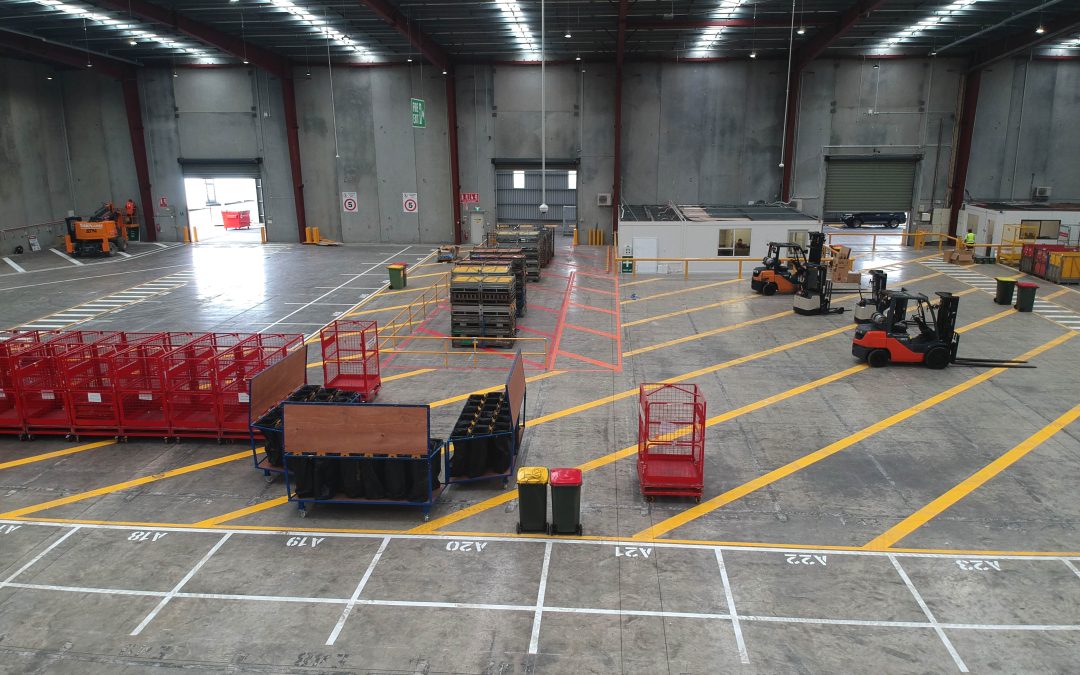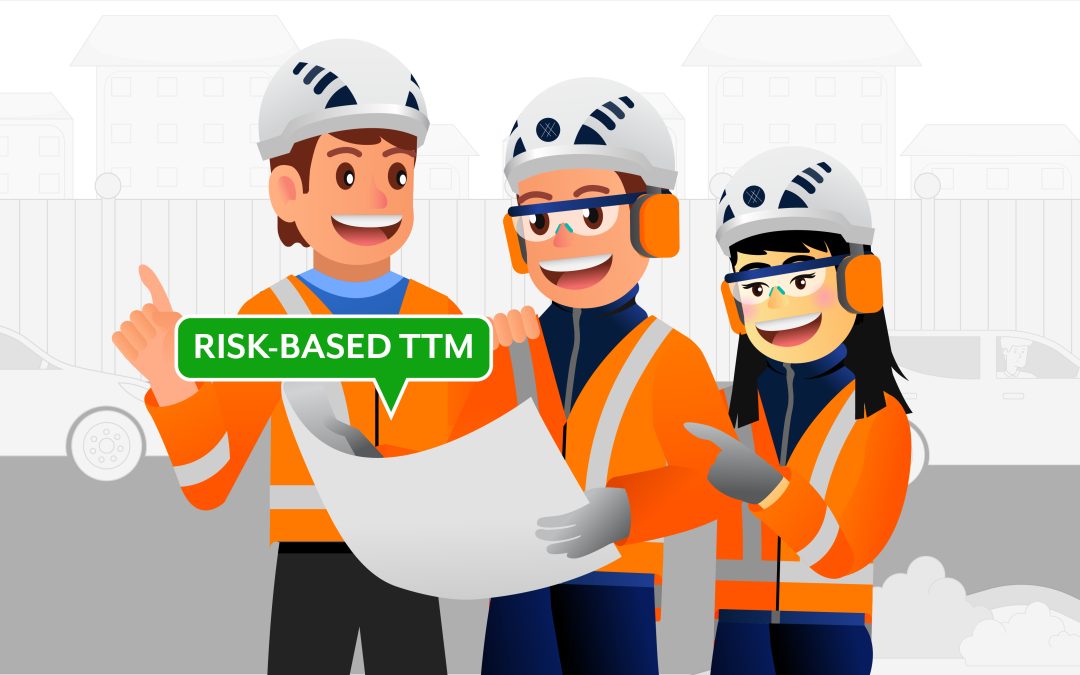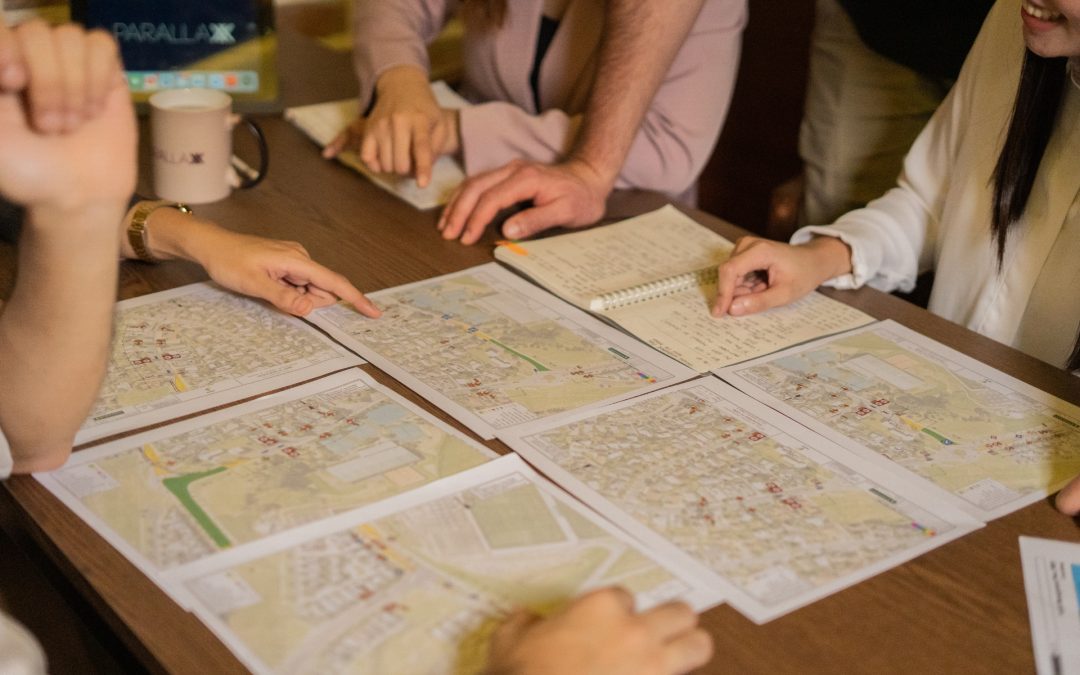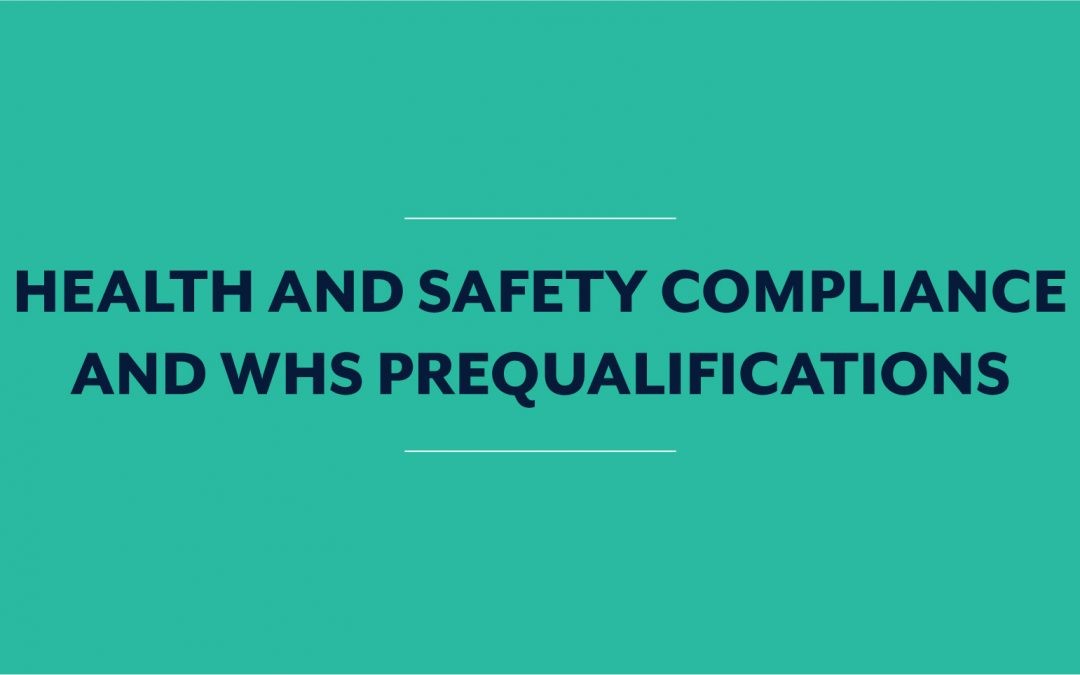What is Event Traffic Management?
Event Traffic Management has always been a bit of a black sheep in the temporary traffic management flock, often off in its own paddock with a very different set of priorities to your traditional civil work sites.
Ever tried to delineate the work area for 40,000 people descending upon one small central Auckland suburb within the space of 1 hour? It’s just not feasible to put a green box around, and therefore traffic management plans (TMP) for events and the planning involved is often extremely complex and doesn’t fit with what is prescribed in the code of practice.
There are a unique mix set of skills that go along with being a TTM Event Manager, you need to know the tools that the code of practice can offer you, but not get too attached to them. You need to be able to plan like an absolute ninja but also be willing to throw all that out the window and troubleshoot on the ground in real time, and you need to be able to deal with a vast range of stakeholders all with complex wants, needs and expectation often contradicting one another.
When creating traffic managements plans for events you often must think about what hazards can be eliminate before they even have a chance to gain exposure and pose as a risk to the stakeholders. For example, designing and installing a parking resolution to clear all parked vehicles 1 – 2hour prior to an ingress, so when that road gets closed, and inevitably starts to look like a footpath, the risk of a car vs. pedestrian has been eliminated.
During the set-up/pack-in/ingress phase of an event, there is a point where it may seem like too much is being done to prepare. This includes things like removing all cars from the streets, closing roads, setting up crowd control fencing, and having a lot of people in orange vests with flashing beacons. However, even though it may not seem like it, all this preparation is necessary to ensure a safe and successful event.

What most people are unaware of is the speed in which that landscape drastically changes and the inability to gain control over it if not well prepared and already on the front foot. That sweet spot contingency time often gets gobbled up by a complete curve ball that no STMS or TTM Planner could have ever foreseen.
Who’s up for capturing all of that into an event traffic management plan?

Yip, I was right there in that space for the better part of 7 years, but there were a few things I learnt along the way that were key to the success of these events;
Secondly, it’s important to create supporting documents that can supplement the event Traffic Management Plan (TMP), particularly for major events. This involves breaking the TMP into different zones and appointing zone managers supplied with a run sheet that includes important information about their zone’s intricacies, staffing numbers and locations, and a communications chain of command.
Finally, you can’t do it all on your own. You need to tap into the resources around you. Lean on your operations manager for crewing and getting the team fed and watered. Sit down with your lead STMS or zone managers and get them invested in and taking ownership of their roles on the day. With a clear action plan and briefings, many tasks can be delegated, leaving you free to be completely responsive to stakeholders’ needs.
So, if you find yourself in need of an event traffic management plan or need some assistance and advice around managing TTM for events from an old hand, Please let us know. We are after all, here to help.










